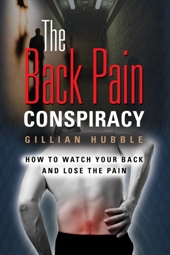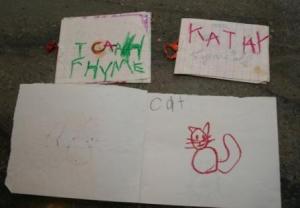 The Back Pain Conspiracy: How to Watch Your Back and Lose the Pain
The Back Pain Conspiracy: How to Watch Your Back and Lose the Pain
by Gillian Hubble
Genre of this Book: Non-Fiction, Health and Fitness/Pain Management
Word count: ~ 57,500
There is more to the back pain epidemic than you think…
Are you considering drugs, procedures, or even major surgery for your back pain? If you value your future back health, don’t do anything until you have read this book. Author Gillian Hubble exposes secrets that have been buried in the medical literature for decades.
For the first time, get an evidence-based look at back pain causes and the effectiveness of 21 of the most popular conventional and alternative back pain treatments. What works? What doesn’t? Told from the perspective of a back pain survivor and healthcare professional, The Back Pain Conspiracy unearths the startling facts behind the mythology, so you can understand your pain and how to lose it.
You Will Learn:
• Why you have back pain, and why it won’t go away
• How to identify back pain myths and misconceptions
• What the most—and least—effective back pain treatments are
• When to pursue which types of treatment
• Where to look for long-term back pain relief
This book is available from Amazon, Smashwords, and Barnes & Noble. Continue reading “Book Brief: The Back Pain Conspiracy”



 Foreword, preface, prologue. We’ve all seen one or the other of these at the front of a book, and many people think they are the same thing. They’re certainly very similar, but there are definite distinctions between them. Do you know what they are?
Foreword, preface, prologue. We’ve all seen one or the other of these at the front of a book, and many people think they are the same thing. They’re certainly very similar, but there are definite distinctions between them. Do you know what they are?